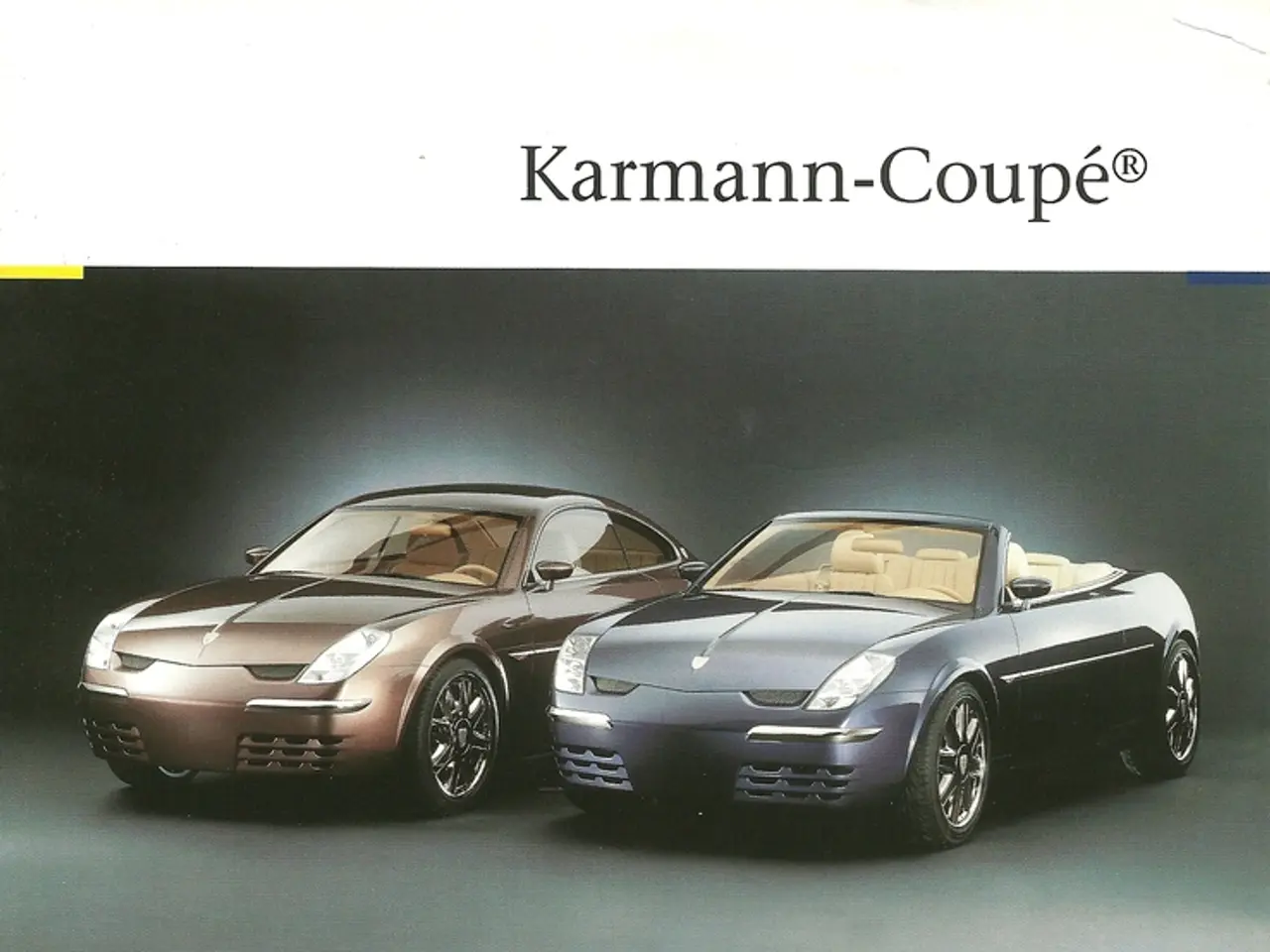Motoreasy Warns: Gap Insurance Payouts Soar to £5,559, EVs Top £20,000
Motoreasy, a leading Gap insurance provider, has revealed a staggering increase in average claims payouts, from £1587 in 2021 to £5559 in 2024, with some electric vehicles exceeding £20,000. Duncan McClure Fisher, founder of Motoreasy, emphasises the importance of Gap insurance in today's stock market. Gap insurance, designed to cover the difference between a car's purchase price and its market value in case of write-off, has seen a surge in relevance due to rapid vehicle depreciation, rising new car costs, spare parts shortages, and increased vehicle theft. Despite initial concerns, the Financial Conduct Authority (FCA) has allowed firms to resume selling Gap insurance after they reduced commission payouts in May 2024. Critics previously argued that Gap insurance benefited dealers more than customers due to high-pressure sales tactics and doubts about its fair value. However, companies now praise it as a crucial financial safeguard, citing increased write-offs due to repair costs and spare parts shortages. In February 2024, the FCA expressed concerns about the fair value of Gap insurance, with only 6% of premiums paid out in claims and high commission payouts (up to 70%). The rising cost of Gap insurance claims, now averaging over £5000 and exceeding £20,000 for some electric vehicles, underscores its importance in protecting consumers from financial loss. Despite past controversies, the FCA's decision to allow its sale, following commission reductions, reflects its recognition of the product's value in today's stock market.
Read also:
- Trade Disputes Escalate: Trump Imposes Tariffs, India Retaliates; threatened boycott ranges from McDonald's, Coca-Cola to iPhones
- Aquatech purchases Koch's Direct Lithium Extraction business, merging Li-ProTM DLE technology into the PEARLTM Technology Platform.
- Nepal's Journey: Evolution from Street Life to Political Power
- Li Auto faces scrutiny after crash test involving i8 model and a truck manufacturer sparks controversy




